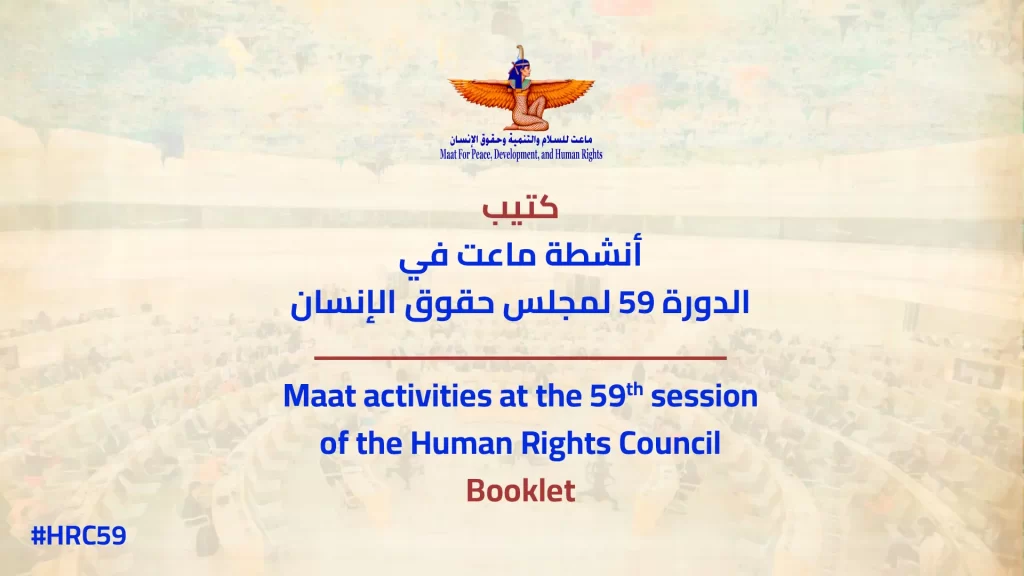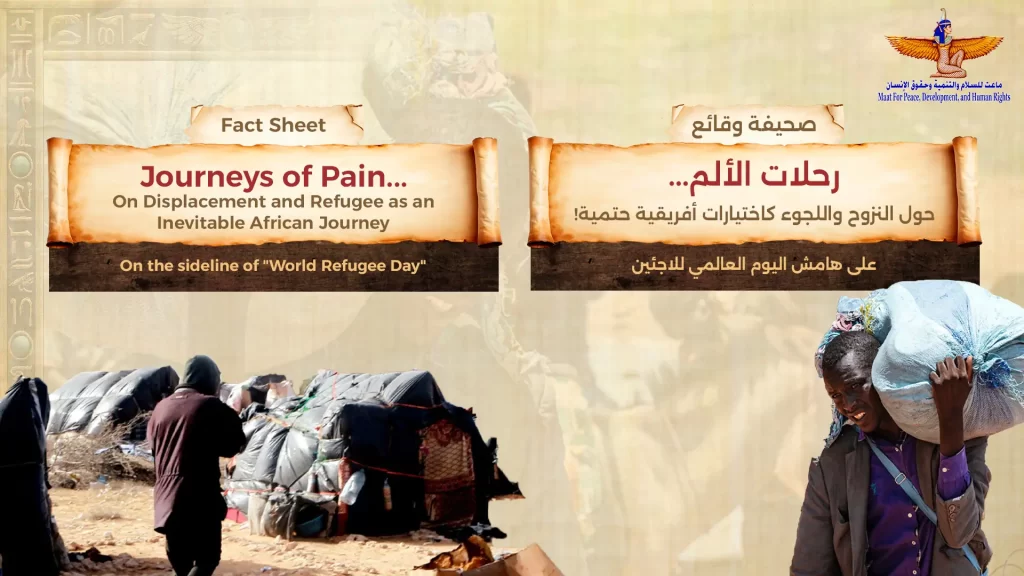Introduction
In the aftermath of World War II, concluded on September 2, 1945, with the Japanese Empire's surrender, several countries took the lead in initiating the adoption of a document aimed at preventing the violations that occurred during the war and addressing the consequences of the global economic recession. This recession impacted the Allied powers, namely the United States, the Soviet Union, and Britain, as well as the Axis Powers, namely Germany, Italy, and Japan. The development of this document also served to activate a fundamental pillar of the United Nations' work, which is the promotion of human rights. Consequently, representatives from 58 member states of the United Nations at the time convened to vote on the Declaration document. The majority, comprising 48 countries, including four Arab countries (Egypt, Iraq, Syria, and Lebanon), approved the document, while eight countries abstained from voting. Two countries, Yemen and Honduras, were absent from the session. Notably, there was no opposition to the Universal Declaration of Human Rights.
On December 10, 1948, the United Nations General Assembly issued Resolution 217 A, officially adopting the Universal Declaration of Human Rights. This resolution symbolized a beacon of light emerging from the darkness that enshrouded the world during World War II and the subsequent economic depression, which affected millions of people globally. The adoption of the document on December 10, 1948, stands as a momentous event in human history. Human Rights Day, designated by the United Nations General Assembly on the same day, further emphasizes the significance of the Declaration. The document consists of a preamble and thirty articles, outlining the fundamental principles of the basic rights and freedoms that all individuals should enjoy universally, irrespective of gender, religion, race, national origin, or political beliefs. While countries may differ in their approach to the Declaration, with some viewing it as a non-legally binding Declaration and others considering it as a set of principles to be implemented and integrated into local and national legislation, opportunities for progress in implementing the principles contained within the Declaration exist. Notably, significant advancements have already been made in recent years due to the influence of this document.
Despite discrepancies in interpretation, Universal Declaration of Human Rights remains the most important document globally and holds the distinction of being the most translated document, available in over 500 languages. The seventy-fifth anniversary of its adoption in December 2023 underscores the enduring importance of the Universal Declaration. Understanding the profound significance of this Declaration requires acknowledging the grim reality that existed before its adoption. Before its establishment, wars were accompanied by grave human rights violations, resulting in an estimated 50 to 80 million victims of World War II and countless displaced individuals living in refugee camps.
The seventy-fifth anniversary of the Universal Declaration of Human Rights arrives in a year marked by the tragic loss of civilian lives in wars and armed conflicts. In the occupied Palestinian territories alone, over 19,000 civilians were killed, with women and children comprising 70% of the victims. Furthermore, the prevalence of double standards has reached unprecedented levels. Western countries, particularly the United States of America, have historically been criticized for applying inconsistent approaches to human rights. These challenges hinder the effective implementation of the rights enshrined in the Universal Declaration of Human Rights.
The seventy-fifth anniversary of the Universal Declaration of Human Rights provides an ideal opportunity to assess its impact over the past 75 years and the progress made based on its principles. Simultaneously, this anniversary serves as a platform to identify the threats and challenges that the Universal Declaration of Human Rights faces and explore potential solutions to enhance its effectiveness. This report concludes the 50 x 30 Human Rights for All campaign, launched by Maat on December 10, 2022, and spanning until December 2023, the seventy-fifth anniversary of the Universal Declaration of Human Rights.
The report is divided into four sections:
- 1. Progress Accompanying Adoption of the Universal Declaration of Human Rights
- 2. Challenges Facing Universal Declaration of Human Rights
- 3. Threats to Universal Declaration of Human Rights
- 4. Solutions to Enhance Universal Declaration of Human Rights

 |
 |
shortlink: https://maatpeace.org/en/?p=41272












